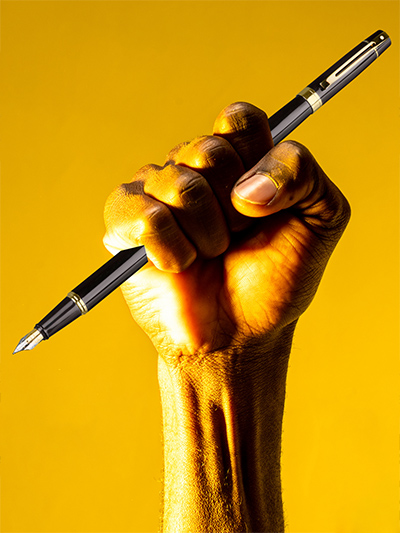Presented by the Anti-Colonial Poetry and Philosophy Working Group
This event seeks to address the problematic undervaluing of poetry and poetics in philosophical discussions, and the impossibility of the removal of poetry in anti-colonial philosophy. The primary goal of this discussion is to assert the essential nature of poetry and poetics to anti-colonial philosophy, and that poetry inofistself can be a site of philosophical rigor. This rigor is particularly present when deployed as a means by scholars marginalized under colonialism to challenge western hegemonies of “acceptable” modes of philosophical knowledge production.
Dr. Jason Allen-Paisant, Associate Professor in Critical Theory and Creative Writing in the Department of English, American Studies, and Creative Writing at the University of Manchester, has work that centers directly on poetry’s philosophical face as seen in the work of Aime Cesaire. Aside from Cesaire, Dr. Allen-Paisant’s work as a dual scholar and poet interrogates the generative precarity of afro diasporic being. Dr. Paisant recently received the T.S Eliot Prize for his collection of poems, "Self-Portrait As Othello."
Discussants Yesenia Escobar Espitia (PhD Student, Spanish and Portuguese, Temple University) and Rawad Wehbe (PhD Candidate, Near Eastern Languages and Civilizations, University of Pennsylvania), whose expertise across a broad range of disciplines and regions, expand the conversation beyond Cesaire and the Caribbean to include poetry/poetics, philosophy, and anti-colonial revolutionary potential across the world. This conversation is moderated by Gwendalynn Roebke (PhD Student, Interdisciplinary/Philosophy, University of Pennsylvania).
Cosponsored by Penn's Center for Africana Studies; Department of English; Department of Francophone, Italian, and Germanic Studies; Wolf Humanities Center; and the Greater Philadelphia Philosophy Consortium.



